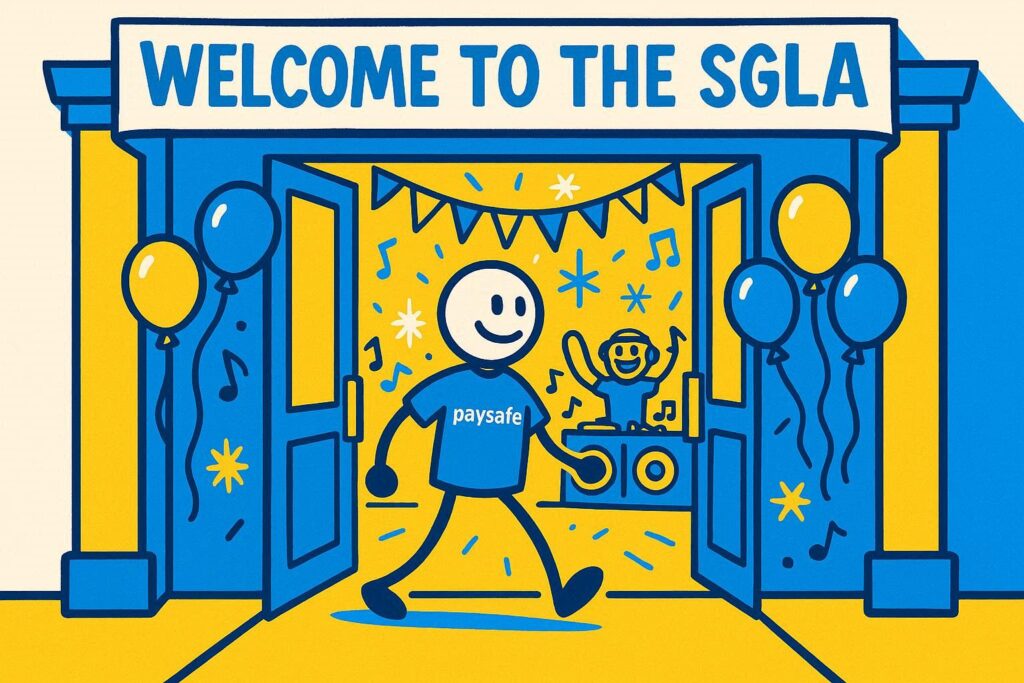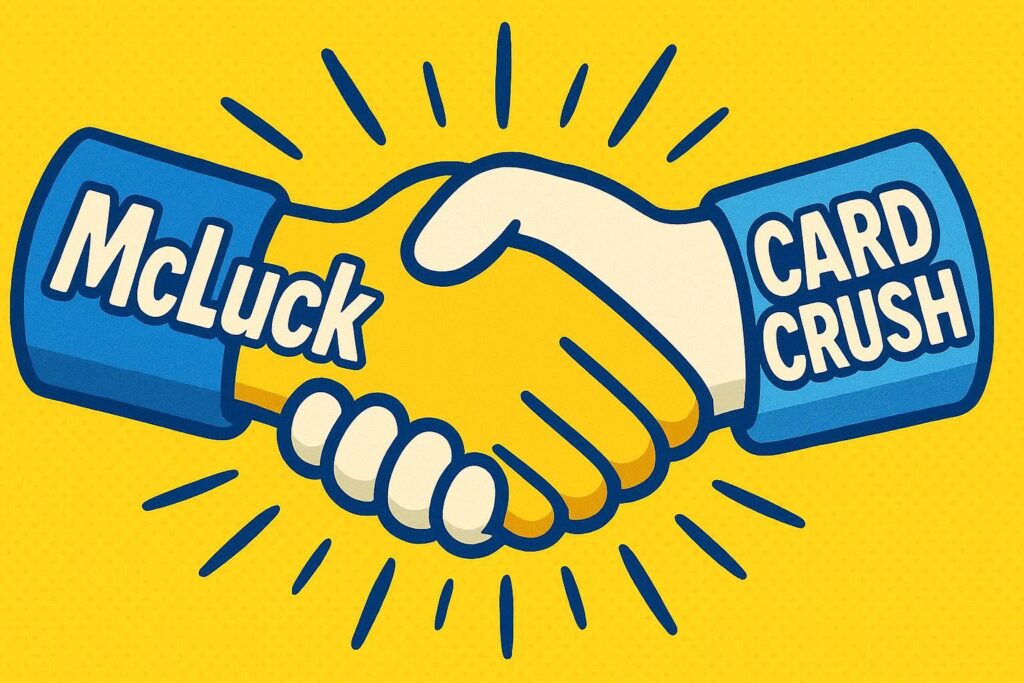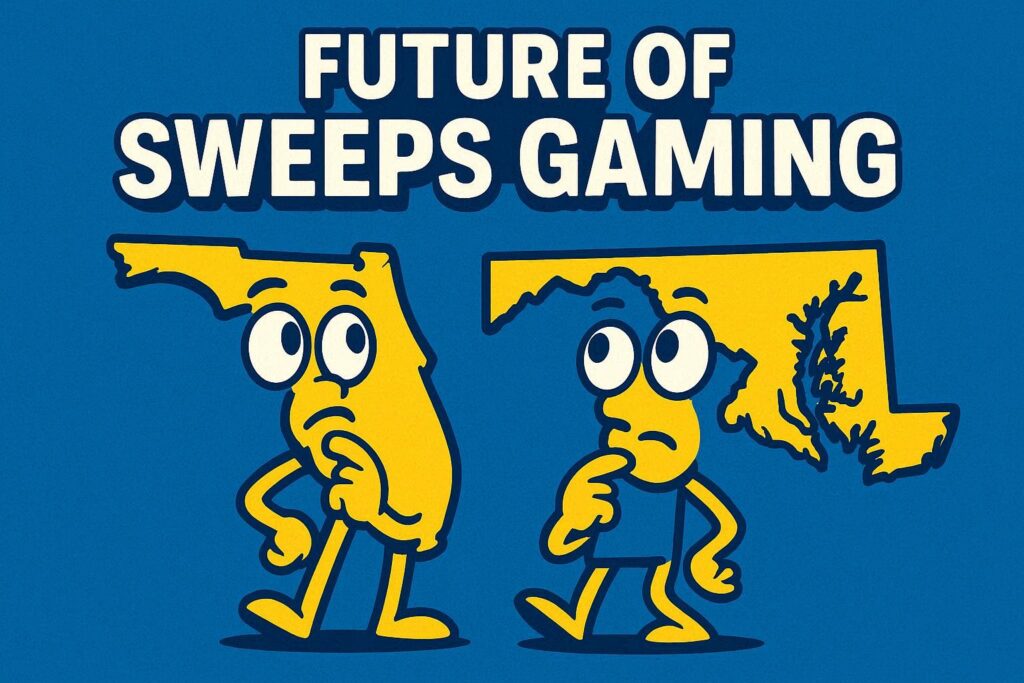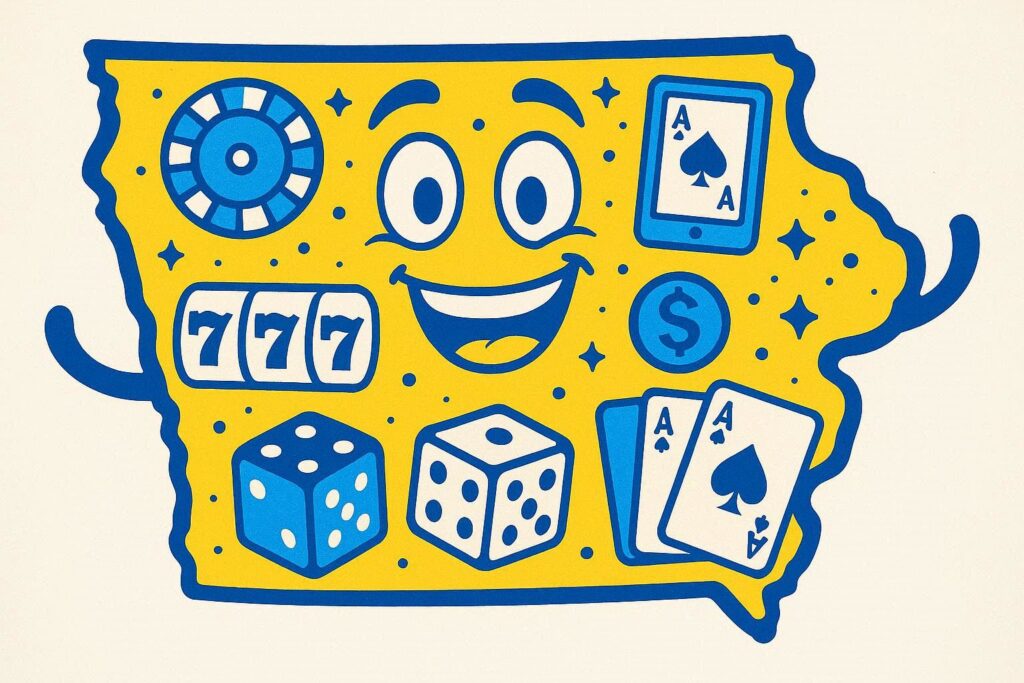One of the two prominent sweepstakes gaming advocacy groups has responded to the Maine Gambling Control Unit classifying sweeps operators as offering “illicit iGaming opportunities.”
In a statement released to the media on Tuesday, the Social and Promotional Games Association called the MGCU’s label “disheartening”— saying it “respectfully, but firmly, disagrees” with the characterization.
“Our members operate legally under longstanding promotional frameworks that have been used by major U.S. brands for decades,” an SPGA spokesperson said in the statement. “These platforms do not require any purchase to participate or win, and they provide a fun, transparent form of entertainment enjoyed by millions of adults.”
Maine regulator: Sweeps is ‘illegal interactive gaming’
On Monday, the MGCU issued a public statement warning residents of the state to be mindful of “illegal interactive gaming (‘iGaming’) websites and applications that may be currently operating in the State.”
“Despite the legality of online advance deposit wagering, fantasy contests and sports wagering, online casino games like slots, blackjack, and roulette for real money remain strictly prohibited in the State,” the statement read. “Numerous unregulated entities continue to target Maine residents, offering illicit iGaming opportunities. These operations, based out of state and often out of the country, include sites that may appear legitimate but lack any regulatory oversight in Maine.
“Examples of such unlicensed platforms may include, but are not limited to, certain ‘sweepstakes’ or ‘social casino’ sites that offer real-money payouts, coin-titled substitutes, dual-currency systems, material prizes or gift cards.
“The Gambling Control Unit wants to make it very clear: no online casino, iGaming, or sweepstakes site is licensed by the Gambling Control Unit.”
By real-money payouts, the MGCU is referring to the cash prize redemptions players at sweepstakes casinos can receive if they earn enough Sweeps Coins — “coin-titled substitutes” — and elect to redeem those for cash.
And those Sweeps Coins are at the core of the dual-currency system the MGCU refers to. At sweeps casinos, players can play with Gold Coins, which are purely for in-game use and have no redeemable value, or Sweeps Coins, which cannot be bought (unlike Gold Coins) but can be redeemed for cash or “material prizes or gift cards.” Sweeps Coins, however, themselves, have no real-world value.
‘We welcome the opportunity to engage with Maine officials’
With its “and often out of the country” language, the MGCU is also likely referring to offshore casino sites such as Bovada and BetUS, grouping those types of platforms with sweeps sites.
“Unlike the offshore gambling sites referenced in the statement, SPGA members operate legally within the U.S., pay appropriate taxes, and follow a strict code of conduct to ensure consumer protection and fair play,” the SPGA spokesperson said.
“It’s disheartening to see this continued conflation of lawful sweepstakes promotions with unregulated gambling, particularly in the absence of any evidence of consumer harm. We welcome the opportunity to engage with Maine officials in a constructive dialogue to clarify how these platforms operate, the legal principles they follow, and the safeguards in place to ensure they serve the public responsibly.”
It’s important to note that this public notice was not any type of subpoena or cease-and-desist letter, so sweeps casinos face no mandate to leave Maine. In fact, the notice specifically mentions that the MGCU has no authority over unregulated sites and that residents play games on these sites “at their own risk.”
But operators in 2025 have shown a degree of willingness to leave a state — even perhaps if it’s just a temporary measure — where there is an anti-sweepstakes sentiment among key stakeholders. These are decisions made to prioritize a long-term, fruitful presence in the U.S. gaming landscape over short-term state-by-state revenue.
Several operators, including Pulsz, for example, have shut down their sweeps platforms in Mississippi, even though the sweeps ban bill in that state failed and there has been no official legal action from the Attorney General or public statement from the state gaming regulator. Still, lawmakers nearly passed a ban on online sweepstakes casinos, so several have opted to voluntarily leave instead of potentially getting kicked out in a stink of bad press in the event the state does ban sweeps gaming down the line.
Maine is also considering legalizing online casinos
It’s noteworthy that the MGCU has issued this public warning now, at a time when real-money iGaming is on the table in the state legislature.
Legislative Document 1164, after getting shelved in April, is again being considered during the Maine Legislature’s special session, which ends June 18. The bill would legalize real-money online casinos in the state under the control of the Wabanaki Nations, and it would tax those online casinos at 16%.
This bill has stiff opposition, though, including from the state’s retail casino industry as well as a handful of commercial operators, such as FanDuel and BetMGM, who would likely be locked out of the state’s iGaming ecosystem due to limitations on tribal partnerships.








